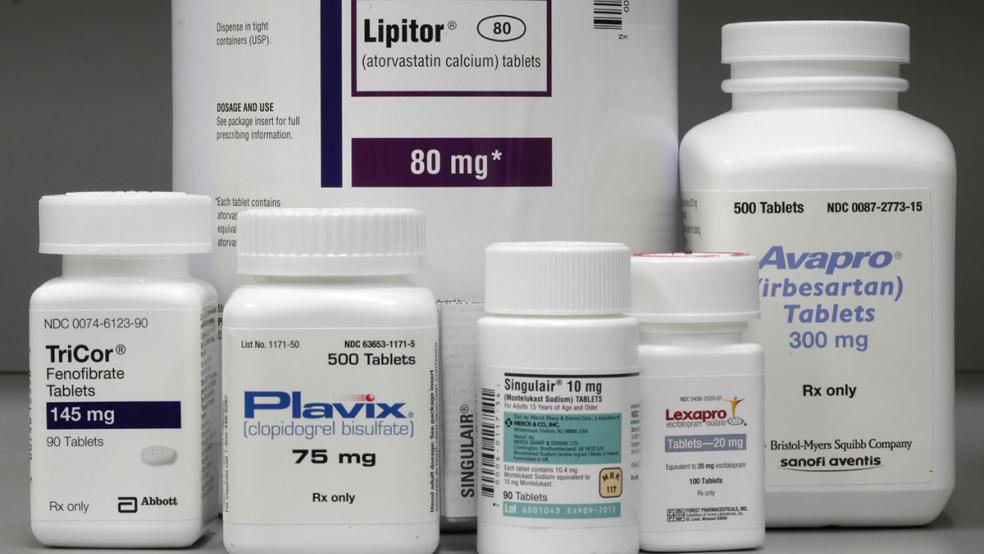Lawmakers are pushing multiple policy proposals to address the problem of rising drug prices. Vox’s Dylan Scott provided a roundup Monday of the leading idea for reducing drug prices in the U.S., ranging from “the realistic to the purely aspirational.” Here’s a quick summary:
1) Speed up the generic production process – Bills sponsored by Sen. Amy Klobuchar (D-MN) and Sen. Pat Leahy (D-VT) would tweak some complicated legal rules to make it easier for generic drug producers to get to market. Republican Sen. Chuck reportedly supports the bills, which means that they have a realistic chance of getting through a divided Congress.
2) Allow Americans to buy drugs from Canada – A bill from Sens. Cory Booker (D-NJ) and Bob Casey (D-PA would allow wholesalers, pharmacies, and individuals to import drugs from FDA-approved facilities in Canada.
3) Put a limit on out-of-pocket drug costs – Rather than capping prices, several bills would limit the amount anyone in a group insurance plan can be required to spend in a month. One version from Sen. Tina Smith (D-MN) and Sen. Bernie Sanders (I-VT) would put the cap at $250 per month.
4) Allow Medicare to negotiate drug prices – Many countries use the enormous buying power of their public health systems to negotiate lower drug prices, and several proposals in Congress would do just that. This popular idea comes with lots of tricky details, however, and would likely encounter enormous resistance from the pharmaceutical industry.
5) Limit drug price using foreign prices as a benchmark – A bill from Sen. Sanders and Rep. Elijah Cummings (D-MD) would compare U.S. drug prices to those in Canada, the United Kingdom, Germany, France and Japan. Using that information, the health secretary could declare that certain drugs are “excessively priced” and open them up to generic competition. The Trump administration has discussed a similar proposal.
6) Let the federal government manufacture drugs – Sen. Elizabeth Warren (D-MA) and Rep. Jan Schakowsky (D-IL) have a bill that would allow the federal government to make its own drugs, in cases where private firms are failing to serve the market.
7) End the 10-year patent monopoly on new drugs – Sen. Sanders has supported a plan to eliminate the decade-long monopoly drugmakers receive on new drugs and replace it with a “prize” system in which pharmaceutical firms share a federally-funded pool of money to reward the companies that make the most useful drugs. The pool could be as large as $100 billion per year.
For the full analysis, read Scott’s piece here.




